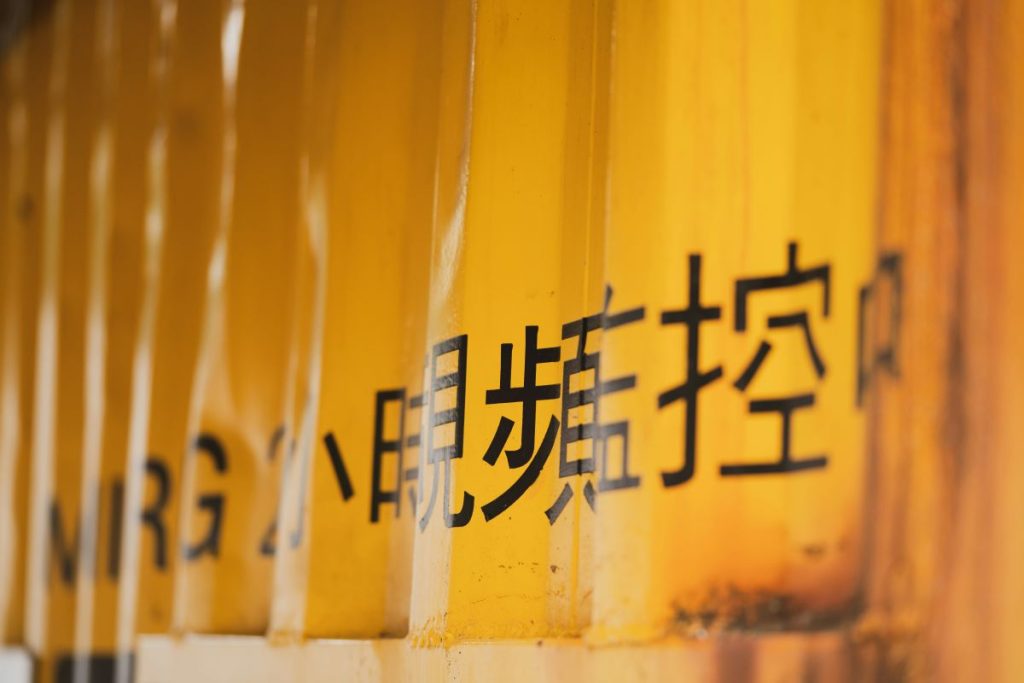The Uyghur Forced Labor Prevention Act (UFLPA) aims to block goods linked to forced labor in Xinxiang Province, but experts warn that China may exploit gaps in Canadian and Mexican oversight to bypass U.S. restrictions.
Canada and Mexico: Weak Links in the Chain?
The UFLPA, signed into law in December 2021, prohibits the import of goods tied to forced labor in Xinxiang Province. However, experts suggest that China could reroute these goods through Canada and Mexico, where enforcement of similar laws is either weak or nonexistent. Canada’s corporate transparency laws lack robust enforcement, while Mexico has yet to implement punitive measures against forced labor imports. This has led U.S. lawmakers to urge both nations to adopt legislation modeled on the UFLPA to create a unified North American stance against forced labor.
Despite these calls, neither country appears poised to act swiftly. Canada is grappling with economic challenges such as inflation and unemployment, while Mexico has shown little urgency in addressing the issue. This lack of action leaves the door open for China to exploit these gaps, potentially masking the origin of goods and skirting U.S. restrictions.
Supply Chain Blind Spots and Global Risks
U.S. importers face significant risks under the UFLPA, particularly if they fail to fully map their supply chains. According to Jag Lamba, CEO of compliance platform Certa, only 20% of companies have thoroughly traced their supply chains to identify the true origins of their goods. Multi-tier supply chains can obscure links to Xinxiang Province, with risks arising from downstream subsidiaries, upstream owners, and corporate ties to flagged entities.
China has a history of using third-party countries to bypass trade restrictions, as seen in the solar technology sector, where goods were routed through Southeast Asia for minor processing. Similarly, reports suggest that China is relocating workers from Xinxiang to other provinces to further complicate enforcement.
The UFLPA sets a high standard for combating forced labor, but its effectiveness hinges on global cooperation. While the U.S. leads the charge, Canada and Mexico must step up to close loopholes that undermine these efforts. For supply chain leaders, the message is clear: compliance requires more than surface-level checks. Deep supply chain transparency and due diligence are not just regulatory necessities but ethical imperatives. As global standards evolve, proactive measures today will safeguard businesses against future risks.





